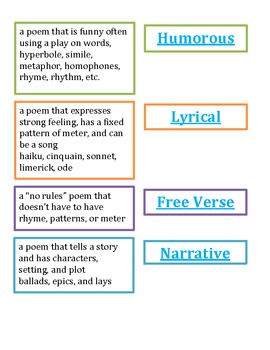
It was performed on and off in 1984 as well, and in 1986, with the Melbourne Symphony Orchestra. For his 1980 tour, it was a staple, being played during the latter half of every show. It was performed at practically each show on his 1973 tours, occasionally in 1975. Performances īootleg sources prove that it was performed months before the album's release, with the earliest recording being from November 1972. Phillip Norman traces some of the imagery in the song to stories and B-movies that Taupin was exposed to as a child. Author Elizabeth Rosenthal believes the song was influenced by the songs of Rosemary Clooney and Jo Stafford. The chorus claims " have mercy on the criminal – are you blind to the winds of change – don't you hear them anymore," pleading for tolerance for the criminal on the lam. The first verses mention " dogs at night chasing some poor criminal", while the last verses mentioning " never seen a friend in years", bookending the theme as being about the escape and recapture of a criminal.

The lyrics describe what life is like for an escaped prisoner. Elton John biographer David Buckley believes the song's guitar riff was influenced by that of Derek and the Dominos' " Layla." Lyrical meaning Upon introducing the song during his orchestral tour of Australia in 1986, John stated that "no one did arrangements like this in those days," claiming "that's why Buckmaster was so great."Īuthor Mary Anne Cassata praises the song as a "breakthrough stunner," particularly praising Buckmaster's "tense" arrangement and John's "desperate" vocals. It opens unusually, in the middle of a crescendo, before ending with a snare drum-hit that segues into a slow-paced dramatic ballad that lasts for the rest of the song. Long-time collaborator Paul Buckmaster was responsible for the arrangement. The song is one of only two songs from the album that features orchestration. It is the most frequent live-track on the album besides the two dominating singles, " Daniel" and " Crocodile Rock". " Have Mercy on the Criminal" is a song written by English musician Elton John and songwriter Bernie Taupin, and performed by John. Therefore, most poets choose words and images that enhance the expressiveness of their work.1973 song by Elton John "Have Mercy on the Criminal"įrom the album Don't Shoot Me I'm Only the Piano Player Passion: The emotional nature of a lyrical poem leads the work to be intensely passionate. Musical: The poet’s use of rhyme, rhythm, and sound devices (alliteration, consonance, assonance, onomatopoeia, etc.) gives lyrical poetry a musical structure. They are intimately connected to the poet’s thoughts and are considered a private expression of their feelings. Simplistic: Poets often use simplistic language in a lyrical poem, making it easier for a general reader to understand.Ĭontent: Due to the poet’s use of their own emotions, lyrical poems are subjective. Length: Although not a requirement, lyrical poetry is generally rather short. Point of View: Since the work’s content expresses the poet’s emotions, lyrical poems are written from the first-person point of view. Lyrical poetry typically incorporates the following characteristics: Odes have a serious tone and are considered a formal poetic form. There are three categories of odes: Pindaric, Horatian, and Irregular. Ode: An ode is a short poem that celebrates a person, event, nature, or idea. Elegies lament the death of their subject and often end in solace.

However, the poetic form is not required to have only four lines.

There are slight variations in stanza structure between English and Italian or Petrarchan sonnets.Įlegy: Classic elegies contain four lines with an ABAB rhyme scheme and are typically written in iambic pentameter. This form of lyrical poetry typically revolves around the idea of love. Sonnet: A sonnet is a 14-lined poem with a set rhyme scheme and rhythm.

The following types of poems are categorized as lyrical: Lyric poets may use multiple literary devices to give the poem its song-like rhythm. Unlike narrative poetry, lyrical poems do not have to tell a story.


 0 kommentar(er)
0 kommentar(er)
